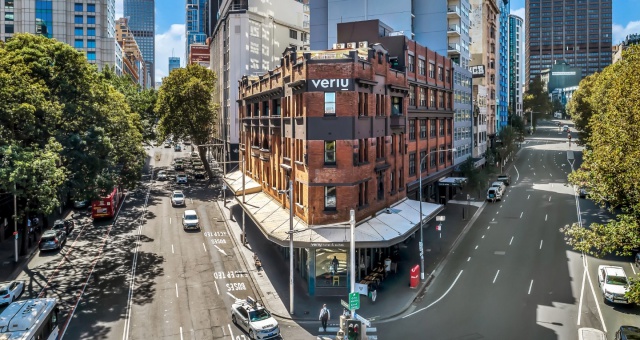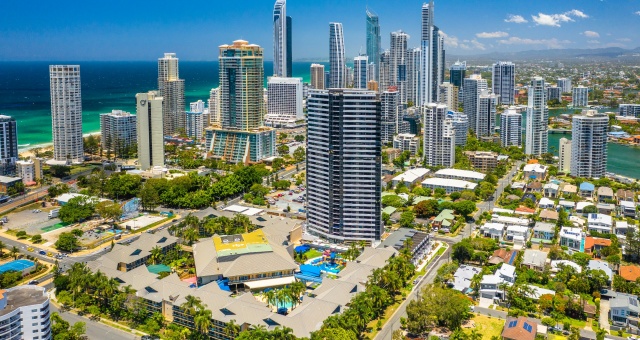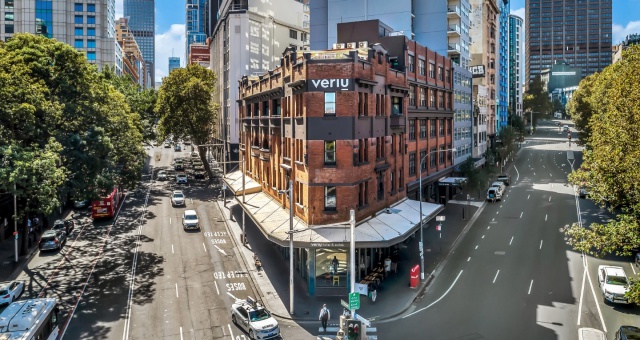
Demand for hotels is forecast to rebound quickly following the challenges of Coronavirus, based on experience from the similar SARS epidemic in 2003, a leading commercial real estate firm has said.
According to Colliers International’s 2020 Capital Market Hotels Investment Review and Outlook, recent hits to the economy amid a global travel slowdown will be short-lived and business is expected to return to normal in weeks, not months.
Drawing on experience from SARS, the Colliers report said the accommodation industry had the ability to bounce back faster than other property sectors due to the dynamism of daily room rates, which could quickly be raised once demand recovers. After a few years of the hotel supply pipeline pumping in new rooms faster than demand could respond, this wave is expected to ease from 2021 with the travel market given an extended opportunity to return to prominence.
Despite the current market bottoming out, the Australian tourism industry is still expected to reach $131 billion in total overnight visitor spend by the end of 2020, the report said, surpassing the government’s own expectations of $115 billion.

Colliers Head of Hotels, Gus Moors, said it was important the industry continued to play the long game and focus on long-term growth projections rather than meeting short-term targets.
“The growth in spend has resulted in increased investment in hotel development over this timeframe, which will see the sector deliver the 30,000 new rooms target across the ten major accommodation markets.”
In terms of hotel real estate transactions, the latter months of 2019 saw deal activity tracking well above the 20-year average, with activity nearly 40% higher. Total activity surpassed $2.2 billion by the end of the year, with 45 transactions across the year at an average of $311,655 per key. The result affirmed a continued and growing appetite for Australian hotels.
Colliers International Director of Hotels, Karen Wales, said the longer-term forecasts were not deterring investors.
“There was a broad geographic mix of investors, representing all types of capital and purchasing a wide range of assets from portfolios, to resorts, development and deals and mixed-use projects.
“These investors can look beyond one-off demand shocks to see the long-term strength of the accommodation sector.”
Moors added a sense of Aussie mateship, coupled with more Australians holidaying onshore, would offset the slowdown of international travellers in 2020.
“An uneven foundation now may also in turn be the saving grace for the decade to come as more marginal accommodation projects are shelved and the national tourism focus turns to rebuilding those regional communities which have been directly impacted by bushfires.”

